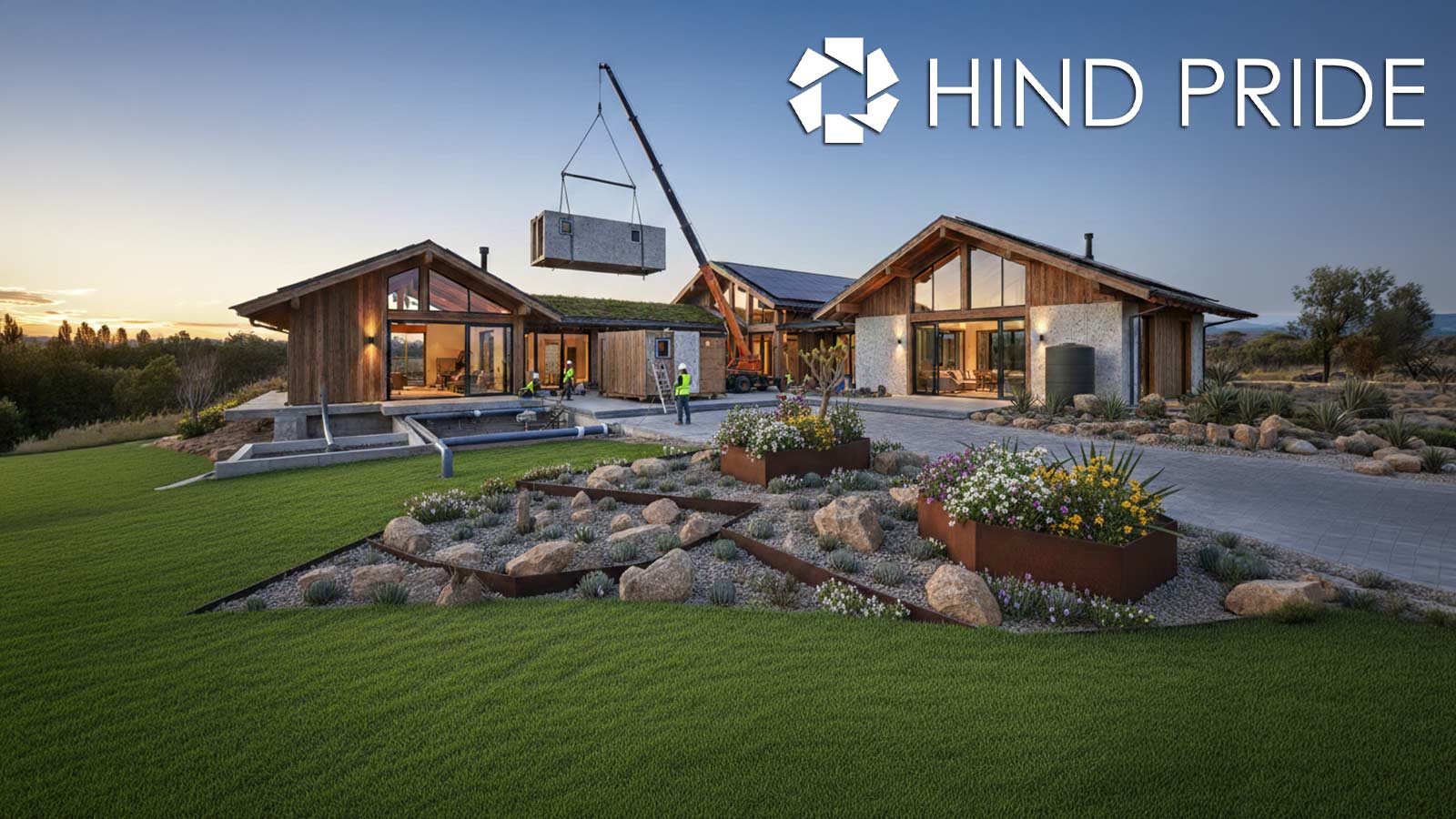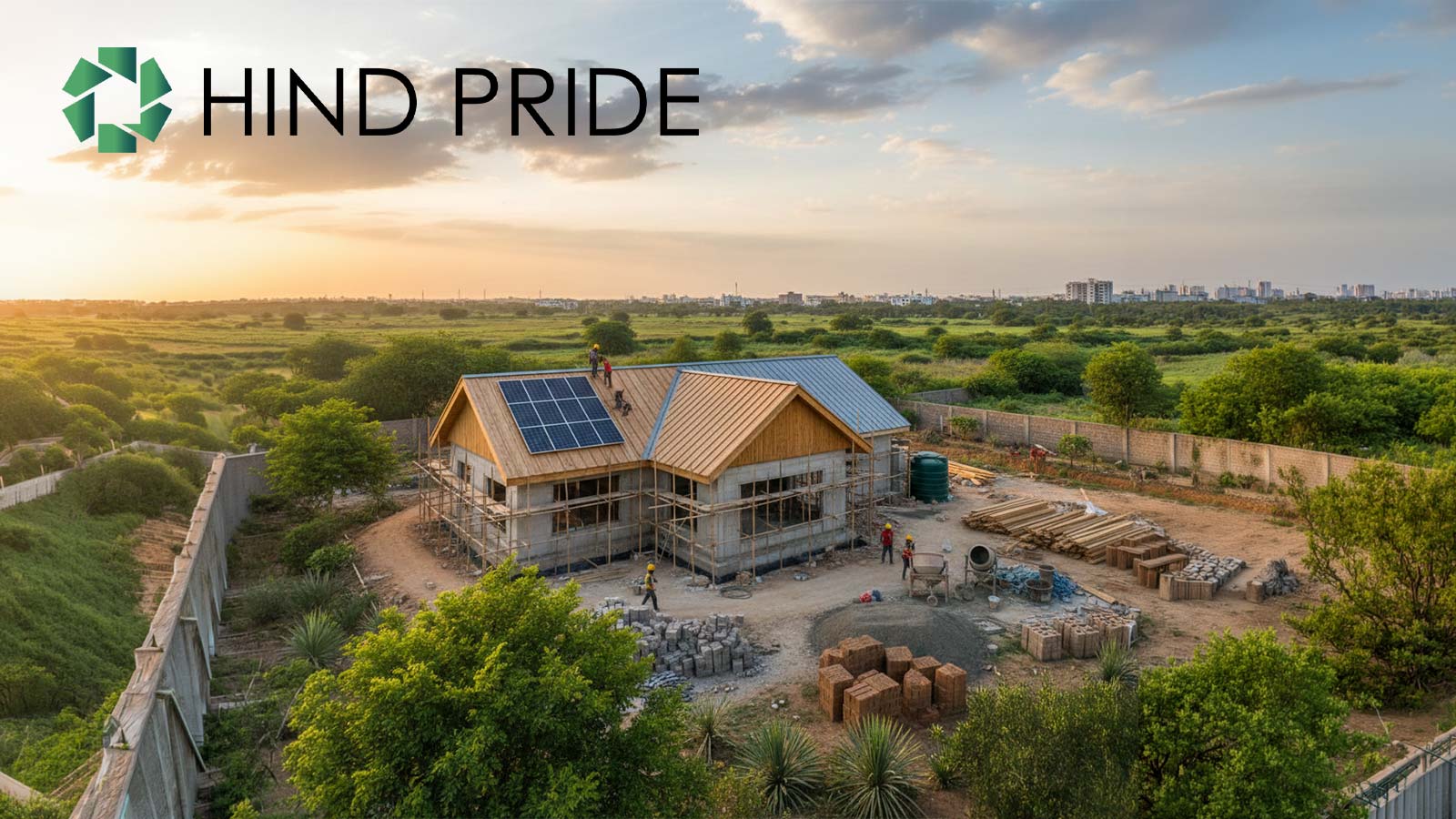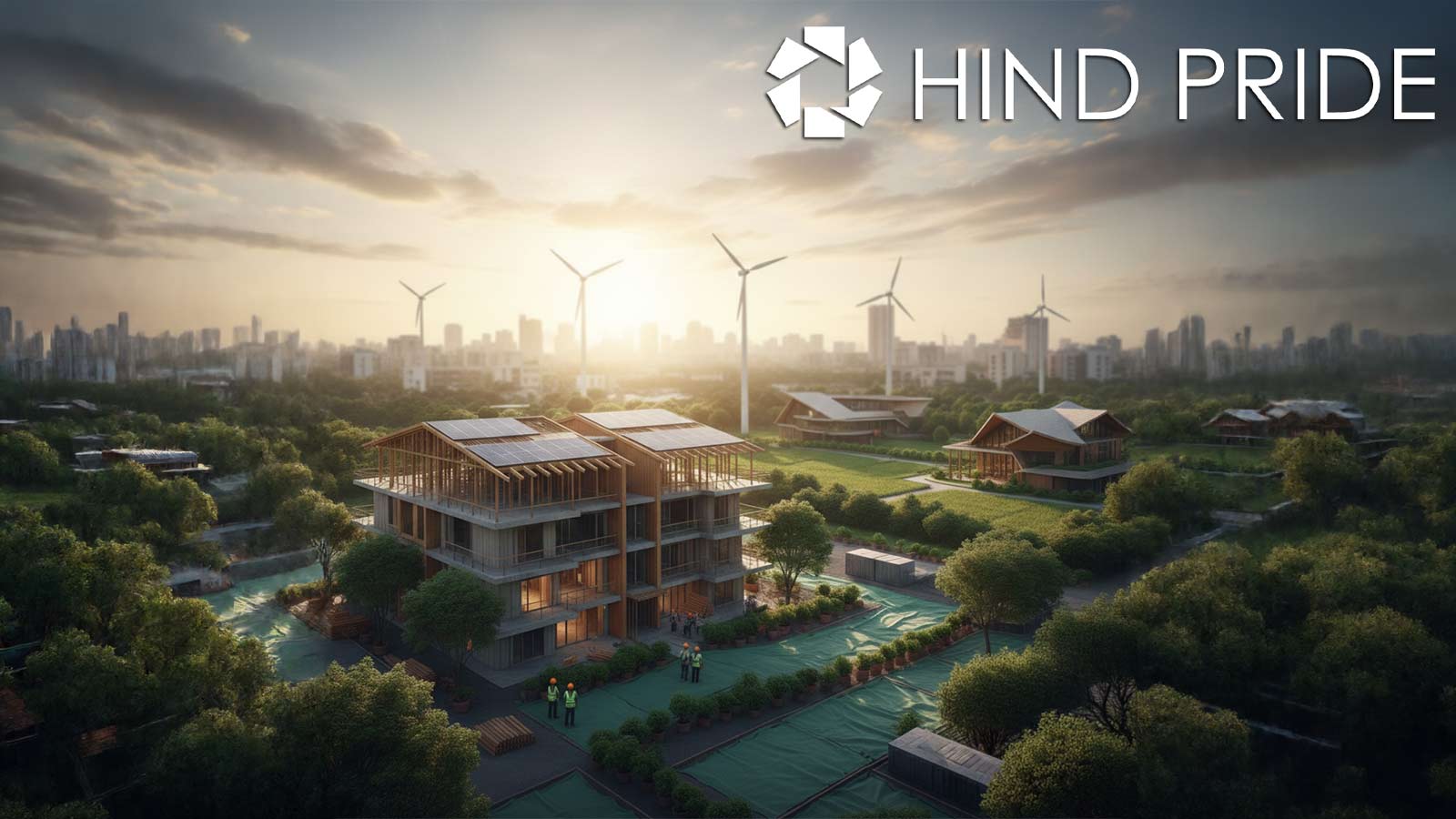
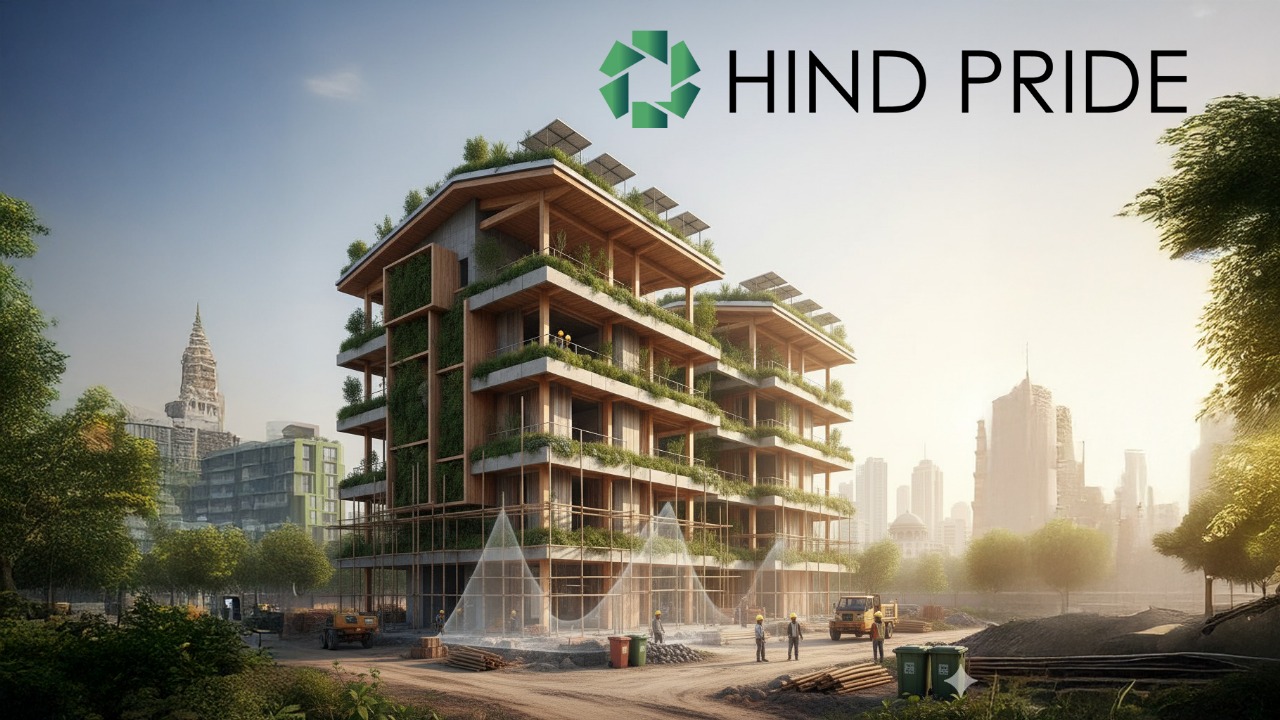
Table of Contents
ToggleEvery few months, a tremor shakes Delhi NCR.
Sometimes it’s mild. Sometimes furniture rattles. Sometimes it wakes the whole city.
But here’s the harsh truth:
This isn’t an urban legend or news hype.
The Bureau of Indian Standards has classified Delhi as Seismic Zone IV, meaning severe shaking is possible.
The Delhi Microzonation Report by NCS & MoES clearly shows massive variability in soil layers—some zones are scientifically proven to amplify seismic shaking.
The Himalayan Frontal Thrust, Delhi-Haridwar ridge, and Mahendragarh-Dehradun Fault run near NCR.
And here’s the emotional punch:
When the soil shakes, your confidence in your home either holds you steady—or fails you.
Imagine:
Your child sleeping.
Your aging parents resting.
Your memories, your savings, your peace — all inside walls that may or may not be built for safety.
Choosing the best builder in Delhi NCR isn’t about luxury.
It’s about life.
Most buyers only know “Zone IV = danger.”
But understanding the details will transform the way you choose builders.
Expected Modified Mercalli Intensity (MMI) VIII shaking
Potential for PGA (Peak Ground Acceleration) high enough to collapse non-engineered buildings
Amplified shaking due to NCR’s layered soil, especially in east Delhi, Noida, Ghaziabad, Faridabad
Greater lateral loads on columns, beams, shear walls
In simple words:
Homes built WITHOUT proper design for Zone IV loads can crack, deform or fail.
This is why a builder who designs for Zone II or III requirements but markets as “earthquake-safe” is putting lives at risk.
And sadly, NCR is full of such cases.
Therefore, your search for the best builder in Delhi NCR must revolve around one core idea:
Are they designing for Zone IV — truly, structurally, scientifically?
Delhi NCR’s danger is not just earthquakes —
It’s how local soil conditions amplify shaking.
Yamuna floodplain areas (Noida, East Delhi) have deep soft soil → high amplification
South Delhi Aravalli ridge zones have rocky strata → relatively lower amplification
Gurugram, built on old alluvium → variable soil response
Ghaziabad & Faridabad → moderate liquefaction potential
This is why two homes in the same earthquake can experience wildly different shaking.
A genuine best builder in Delhi NCR will:
Always conduct a site-specific soil investigation
Never rely on “general NCR assumptions”
Modify foundation type based on local amplification factors
Use microzonation data before beginning structural design
If a builder doesn’t follow these codes, your home is NOT earthquake-safe:
1. IS 1893:2016
Defines seismic design forces, zoning factors, response spectra.
2. IS 13920:2016
Specifies “ductile detailing” which prevents brittle collapse.
3. IS 456:2000 (Reaffirmed 2013)
Concrete design standards.
4. National Building Code 2016 (NBC)
Earthquake-resistant design & structural systems.
5. Unified Building Bye-Laws for Delhi (2016)
Mandatory for all construction sanctioned in NCT Delhi.
If your builder cannot show documentation proving compliance with these codes…
They are NOT the best builder in Delhi NCR.
They are just another brochure-driven brand.
Recent media investigations paint a disturbing picture:
Government findings:
DDMA warns: “Most Delhi buildings do not meet seismic standards.”
NDMA reports show high vulnerability due to old stock + poor detailing.
Newspaper investigations:
Many “earthquake-resistant” high-rises lack proper ductile detailing.
Soil mismatch between design assumptions and actual conditions.
Builders using minimum thickness columns, ignoring shear wall requirements.
Engineering studies:
Several constructions in NCR ignore the need for Zone-IV spectral acceleration factors.
In simple words:
Marketing says “earthquake-proof”.
Engineering says “maybe not”.
This is why buyers desperately need a transparent, honest, science-driven builder.
This is why your brand must position itself as the best builder in Delhi NCR for structural integrity — backed by proof.
After every tremor, Google searches spike for:
“Is Delhi earthquake zone safe?”
“How to check if my building is earthquake resistant?”
“Best builder in Delhi NCR for safe homes”
Why?
Because when a tremor hits, fear meets reality.
Parents worry about kids.
Young couples wonder if their investment is fragile.
Buyers fear resale value drops after a major quake.
THIS is where your brand steps in.
Earthquake-safety isn’t just engineering.
It’s psychological reassurance.
When you show proof — soil reports, structural audits, design basis reports — you sell not just a home, but confidence.
This checklist becomes your blog’s most shareable asset.
1. Demand the structural design basis report (DBR)
Should reference:
IS 1893
IS 13920
NBC 2016
Seismic Zone IV parameters
2. Ask for a site-specific soil test
3. Inspect ductile detailing in drawings
Key items:
Confined column reinforcement
Beam-column joint detailing
Shear wall layout
4. Check for third-party structural peer review
Good builders ALWAYS do this.
5. Ask whether the building uses shear walls
Critical for high-rise stability.
6. Check if the builder follows quality control on site
Such as:
slump tests
cube tests
rebar testing
curing protocols
7. Mandatory safety audit for pre-2001 buildings
8. Verify that column-to-wall ratio is not compromised
Thin columns = danger.
9. Ask for the microzonation classification of the plot
Builders who know this = serious ones.
10. Transparency in documentation
If a builder hesitates to share documents — walk away.
This checklist ALONE will make your brand look like the best builder in Delhi NCR because you’re empowering buyers with truth.
How Builders Fake “Earthquake Safe” & How to Spot Them
Here are common tricks low-quality builders use:
No structure can be 100% earthquake-proof.
A major red flag.
Most collapses in earthquakes happen due to bad detailing.
You can’t see steel after concreting — that’s why cheating happens here.
Means no one checked their engineer’s work.
Spotting these instantly makes you a smart buyer.
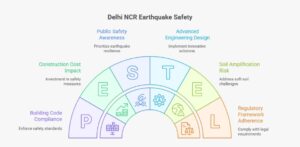
Position yourself with clarity:
You’re not just building buildings;
You’re building trust, security, and family safety.
When the ground shakes, what will hold your family together?
Walls?
Furniture?
Decor?
No.
It’s the integrity of the structure.
It’s the honesty of the builder.
It’s the engineering that nobody sees.
It’s the courage of a brand that prioritizes safety over brochure glamour.
That is what makes a home worth living in.
And that is what makes you the best builder in Delhi NCR.
1. What makes a builder the “best builder in Delhi NCR” for earthquake-safe homes?
A builder becomes the best by following IS 1893, NBC 2016, using site-specific soil tests, providing structural drawings, using ductile detailing, and undergoing peer reviews. Safety, not aesthetics, defines the best builder.
2. Are all buildings in Delhi NCR earthquake-resistant because it’s a legal requirement?
No. Many older buildings and even newer ones do NOT meet seismic standards. Code compliance is required but not always enforced. Buyers must demand proof.
3. Can a high-rise collapse in Delhi during a strong earthquake?
If built without proper detailing, soil consideration, or peer review — yes. Several collapses in past India quakes were due to detailing errors, not magnitude.
4. What documents should a builder give me to prove earthquake-safety?
Demand: DBR (Design Basis Report), Soil Report, Structural Drawings, Peer Review Certificate, Material Test Reports, and NBC compliance documents.
5. Is the Yamuna floodplain safe for homes?
It is allowed for construction, but has high soil amplification. This means Zone-IV shaking can feel stronger. Only builders who design for soft-soil conditions are safe choices.
6. Are Gurugram high-rises safe?
They can be — but not automatically. Safety depends on whether the builder used shear walls, proper detailing, and peer review. Brand name ≠ safety.
7. What is ductile detailing and why is it important?
Ductile detailing ensures your building bends without breaking during shaking. It prevents catastrophic failure. This is the NO.1 reason buildings survive quakes.
8. Do government agencies check if builders follow earthquake codes?
Some checks exist, but enforcement varies. Ultimately, buyers must verify compliance using documentation.
9. Should I avoid buying in seismic Zone IV entirely?
No. Tokyo, San Francisco, and Mexico City are high-risk too — yet safe when built correctly. The key is choosing the right builder.
10. How can I verify if my existing building is safe?
Request a Structural Safety Audit by a licensed structural engineer. For pre-2001 buildings, DDA mandates this.
You’ve read the facts.
You’ve seen the science.
You understand the risk that most people ignore until it’s too late.
Now it’s time to choose safety.
To choose transparency.
To choose engineering over empty marketing.
To choose a home that stands firm when the ground beneath it doesn’t.
When you choose us, you aren’t choosing just another builder —
You are choosing the best builder in Delhi NCR for earthquake-safe, future-ready homes built with honesty, evidence, and heart.
👉 We show you our soil reports, not just our sample flats.
👉 We walk you through our structural design, not just our brochures.
👉 We give you data, audits, drawings, and proof — because your life deserves more than assumptions.
👉 We don’t hide behind fancy words like “earthquake-proof.” We show you how we build resilience, step by step.
Your home is your family’s safe space.
Your legacy.
Your long-term security.
Choosing an earthquake-safe home is not fear-driven.
It is future-driven.
It is intelligent.
It is responsible.
It is love.
And that is why we design every structure like our own families will live inside it.
